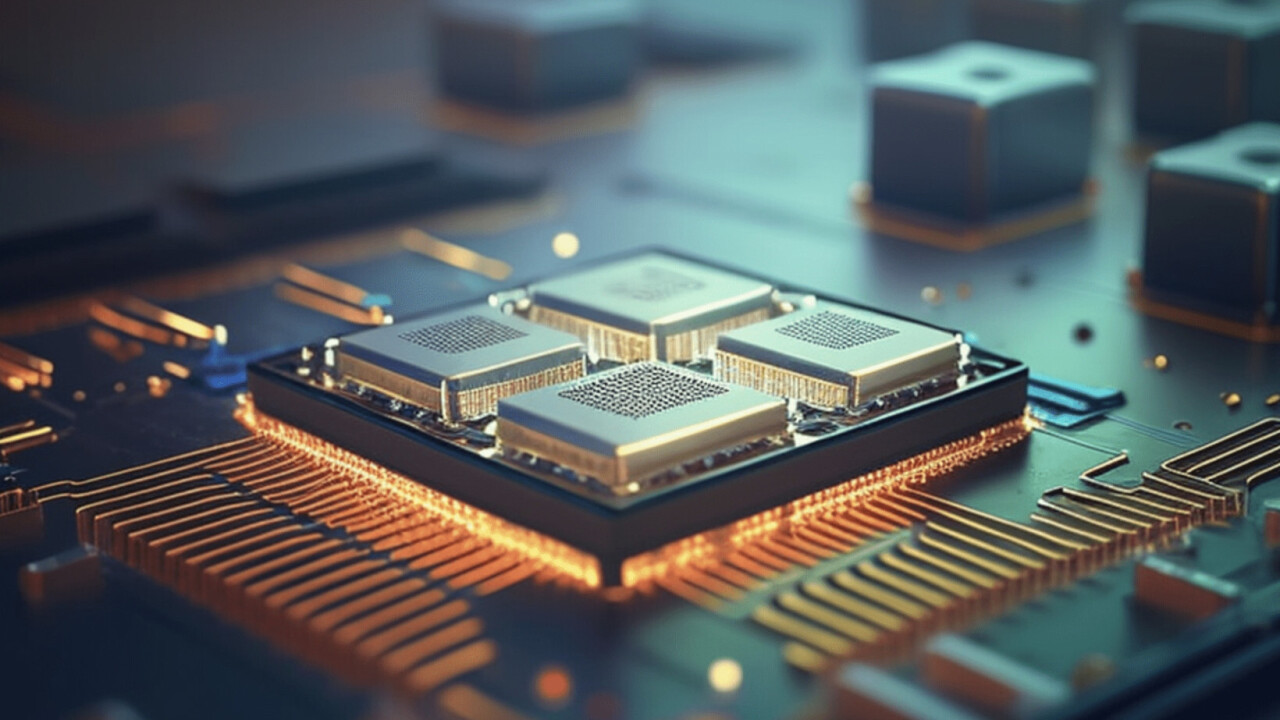
Story by
Siôn Geschwindt
Germany’s Infineon has broken ground on its new €5bn semiconductor manufacturing plant in Dresden, less than six months since announcing the project.
Speaking at the groundbreaking ceremony yesterday, European Commission President Ursula von der Leyen hailed the construction as a “major step forward” toward the bloc’s goal of boosting its market share in semiconductors.
Europe is currently scrambling to reduce its reliance on foreign imports of semiconductor chips from, among others, China, Taiwan, and South Korea. “These are regions where tensions can flare up at any time,” said von der Leyen, in a nod to the current tensions between Beijing and Taipei. “The slightest disruption to trade would immediately hit Europe’s strong industrial base and our internal market hard.”
The bloc believes that boosting domestic production of the chips — essential components in everything from cars to smartphones — will mitigate the supply shortages that have plagued many of the EU’s vital tech sectors over the past two years.
Under the EU Chips Act, which got the green light last month, the bloc is mobilising €43bn to double its market share in semiconductors from 10% to 20% by 2030. “The capacity will have to be quadrupled, and this is only possible with companies like Infineon,” von der Leyen said.
“With this groundbreaking, Infineon is launching an important contribution to the green and digital transformation of our society,” said Infineon CEO Jochen Hanebeck at the ceremony on Tuesday. “Global semiconductor demand will grow strongly and persistently in view of the high demand for renewable energies, data centres and electromobility.”

Infineon expects production at the plant to start in 2026. The new 300mm fab represents the largest investment in the company’s history, and will add capacity to its current manufacturing site in Dresden.
Other chip manufacturers are also currently investing in Germany. US-based Wolfspeed is investing €2.7bn to build a plant in Saarland, while Intel is building an even larger factory in Magdeburg that will cost €17bn.
While the EU’s chip plans are taking shape, von der Leyen warned that Europe was still too dependent on raw materials from individual suppliers, pointing to the fact that China controls 76% of the silicon metal supply needed for chip production.
To secure raw materials closer to home, she said the bloc is exploring new projects in Europe, but also partnerships with countries such as Australia, the US, and Canada. The EU also recently passed the Critical Raw Materials Act which looks to ensure that Europe secures stable supplies of critical rare earth elements and raw materials.
Get the TNW newsletter
Get the most important tech news in your inbox each week.
Also tagged with


